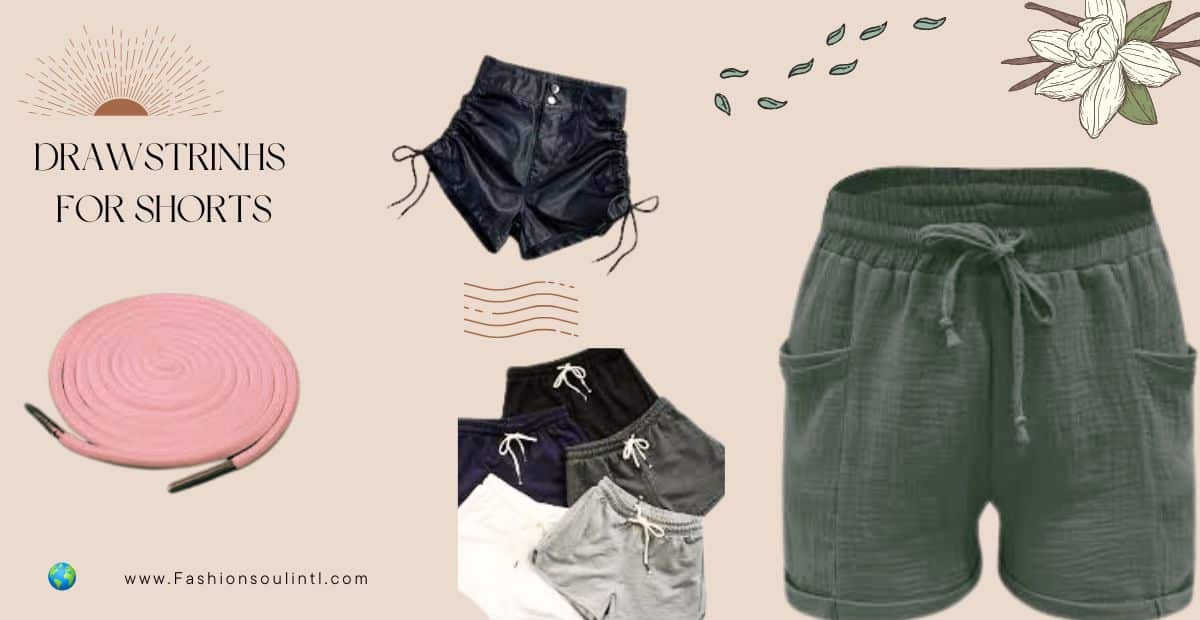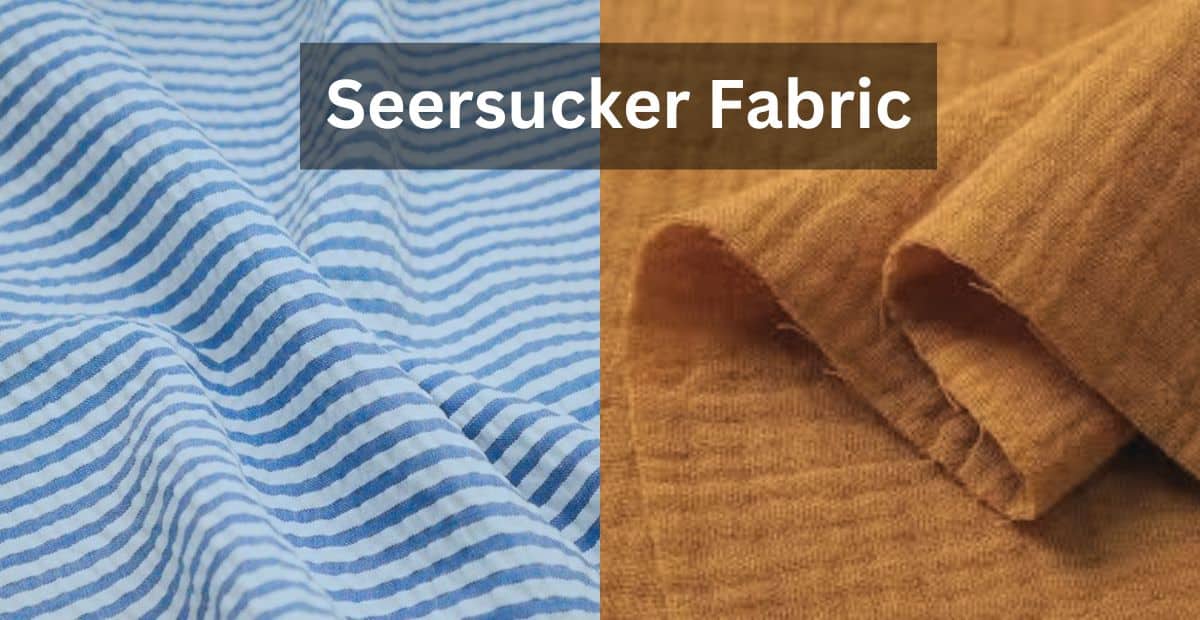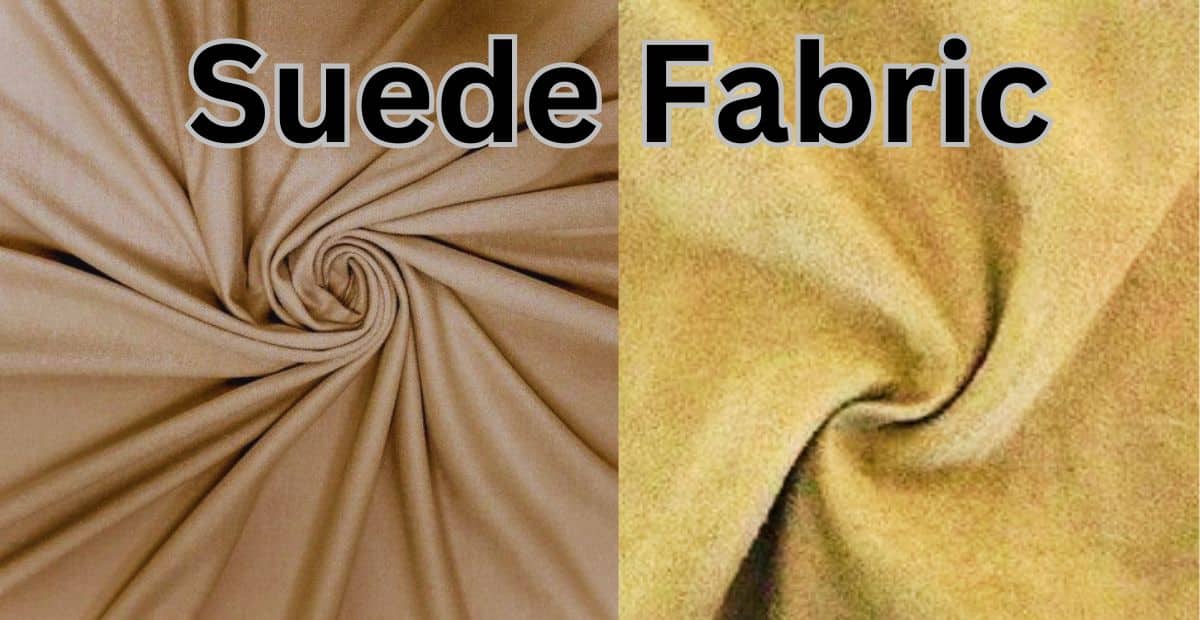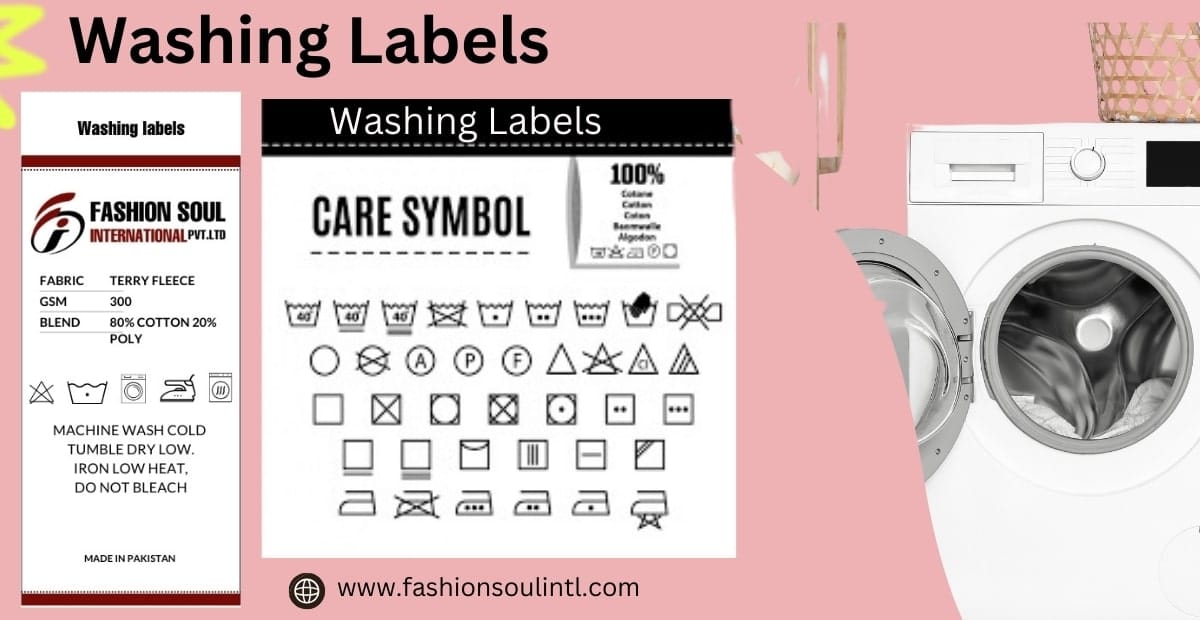Diving the Wool Fabric and Its Features
Wool fabric has been a cornerstone in the textile industry for centuries. Its unique properties and versatility make it a favorite among designers, manufacturers, and consumers alike. Let’s dive into the world of wool fabric, exploring its journey from sheep to fabric, its various types, characteristics, and much more.

The Journey from Sheep to Wool Fabric
Sheep Breeds of Wool
The journey of wool fabric begins with the sheep. Popular breeds include Merino, known for its fine and soft wool, and the hardy Shetland, which produces a more durable fiber.
Cleaning and Scouring of Wool
. This process, known as scouring, ensures that the wool is ready for the next stages of production.
Types of Wool Fabric
. It’s hypoallergenic, making it suitable for people with wool allergies.
Cashmere, obtained from cashmere goats, is even softer and finer than merino wool.

Characteristics of Wool Fabric
Warmth and Insulation
Durability and Strength
Wool is renowned for its warmth. Its natural crimp traps air, providing excellent insulation, which makes it ideal for winter clothing.
Wool fibers are incredibly resilient. They can bend without breaking, making wool garments durable and long-lasting.
Common Uses of Wool Fabric
Historical Trends
Its timeless appeal keeps it relevant through changing fashion eras.
Modern Trends
Modern trends include innovative blends and eco-friendly production methods.
Wool Fabric vs. Other Fabrics
Wool vs. Cotton
Wool vs. Synthetic Fabrics
Wool is warmer and more insulating than cotton. It also has better moisture-wicking properties, making it ideal for colder climates.
While synthetic fabrics can mimic some properties of wool, they lack wool’s natural breathability and biodegradability.

Conclusion
Wool fabric is a remarkable material with a rich history and a promising future. Its unique properties, from warmth to durability, make it a favorite in various applications. As the industry moves towards more sustainable practices, wool remains a timeless choice for both fashion and functionality.
FAQs
How is wool fabric made?
Wool fabric is made through a process that includes shearing sheep, cleaning and scouring the wool, carding and spinning it into yarn, and finally weaving or knitting the yarn into fabric.
What are the different types of wool?
Common types of wool include Merino, Cashmere, Alpaca, and Mohair, each with unique properties and uses.
















